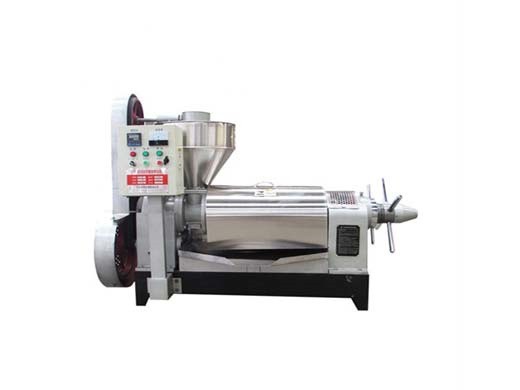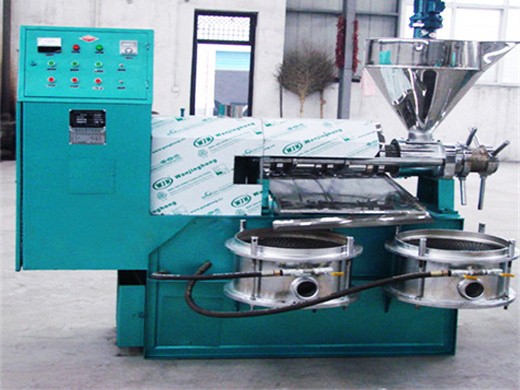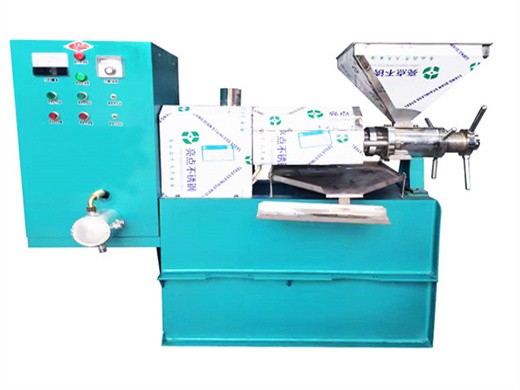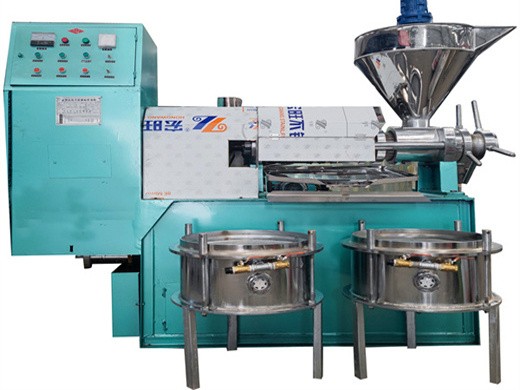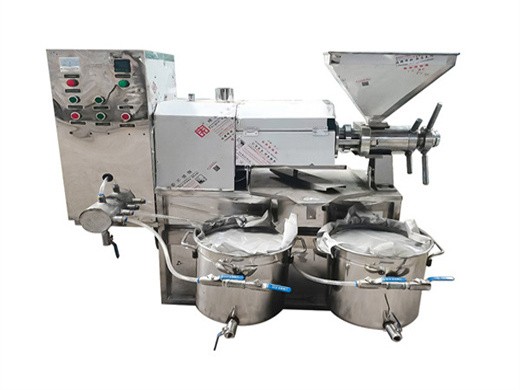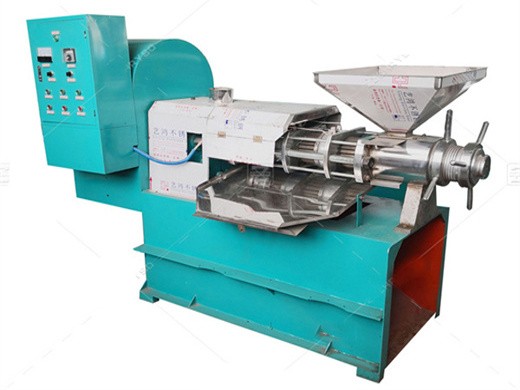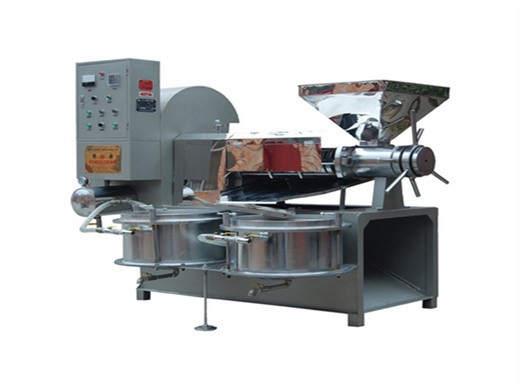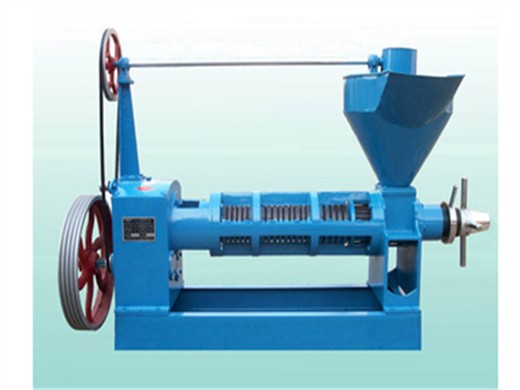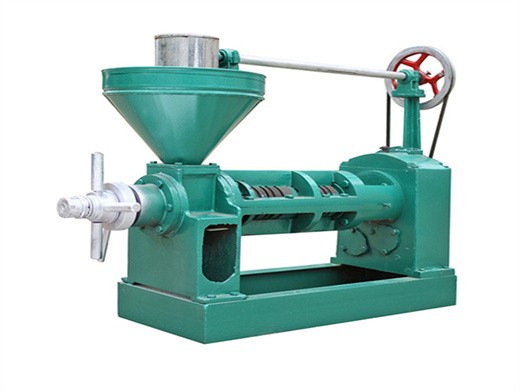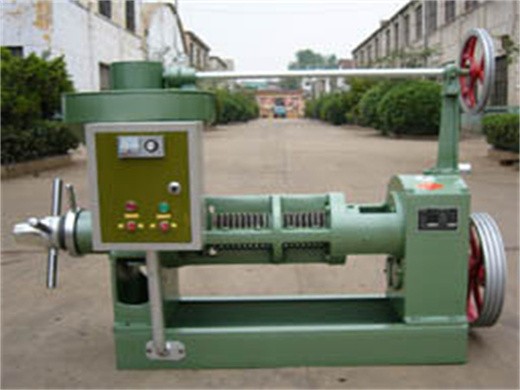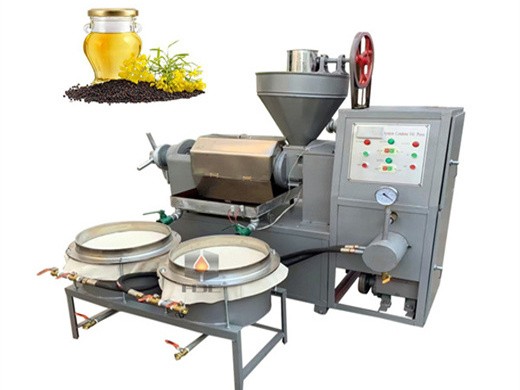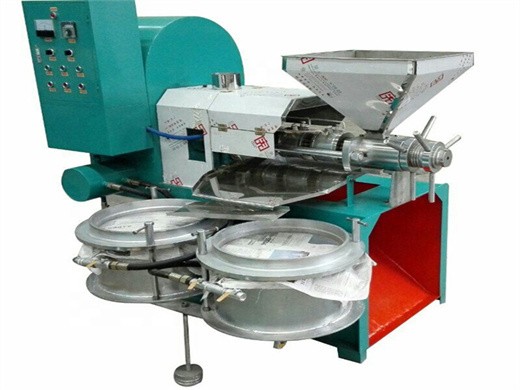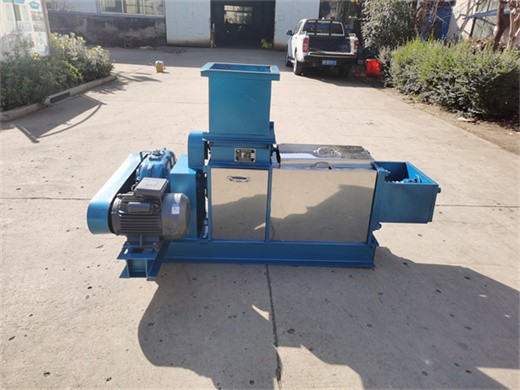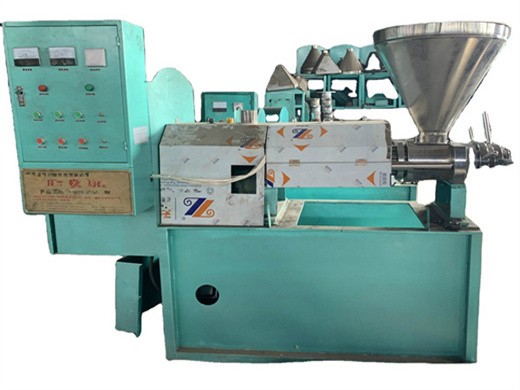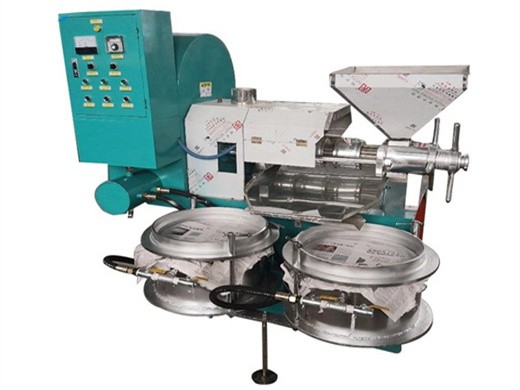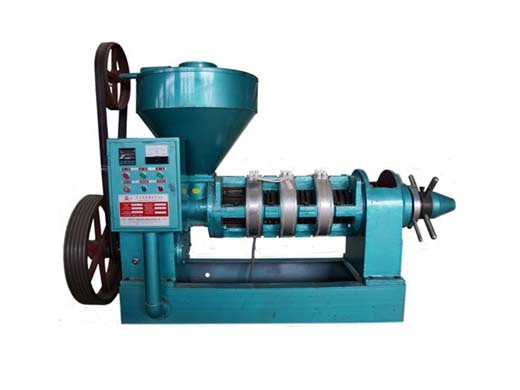Practical Guide to Vegetable Oil Processing | ScienceDirect
Degumming of crude vegetable oil is the very first step in the refining process. The object is to remove or reduce the levels of the phospholipids (gums) present in the crude oil. Presence of high levels of phospholipids in the refining oil is undesirable for various reasons as described in this book.
In conventional chemical processing of vegetable oils, crude oil is recovered from the mechanically expressed vegetable seed by solvent extraction using hexane, as shown in Figure 3.14 [22]. The miscella (a mixture of extracted oil and solvent) from the extractor contains 60–70% solvent, which is recovered by distillation and reused.
Vegetable Oil-Based Polymers | ScienceDirect
The chapter shows that the production of natural fibre reinforced vegetable oil-based green composites is a viable route to obtain today’s materials because of their availability and ease of processing, light weight, high specific strength, low toxicity, low cost, high corrosion resistance and most importantly, their environmentally friendly
Physical refining of vegetable oils offers great opportunity for green vegetable oil processing and is a contribution toward sustainability of oil mills and refineries. Select 9 - Conservation of Energy and Resources in Hydrogen Generation and in Hydrogenation Book chapter Full text access
Physical Refining of Vegetable Oils - ScienceDirect
Physical refining of vegetable oils offers great opportunity for green vegetable oil processing, and is a contribution toward sustainability of oil mills and refineries, as supported by the following. The process has a much smaller carbon footprint, less equipment required, considerably less capital cost, and lower cost of automation.
This book addresses alternative green technologies at various stages of oilseed and vegetable oil processing. This includes oil extraction technologies such as expeller, aqueous and supercritical methods, and green modifications of conventional unit operations such as degumming, refining, bleaching, hydrogenation, winterizing/dewaxing, fractionation, and deodorization.
Green Vegetable Oil Processing: Revsied First Edition
This book addresses alternative green technologies at various stages of oilseed and vegetable oil processing. This includes oil extraction technologies such as expeller, aqueous and supercritical methods, and green modifications of conventional unit operations such as degumming, refining, bleaching, hydrogenation, winterizing/dewaxing, fractionation, and deodorization.
A major consideration in green processing is optimization of energy used in processing plants. Anderson International has for a number of years been concerned with this issue. Ongoing improvements in equipment and procedures for preparation led to a newly developed Combo System ™ (Fig. 1.8 and Fig.
Vegetable Oil-Based Polymers | ScienceDirect
It concludes with an analysis of vegetable oil-based polymer composites and polymer nanocomposites. Vegetable oil-based polymers is an indispensable guide for all those involved in the research and development of biopolymers as well as the wide range of industries looking for more sustainable polymer materials.
used when an oil company adds small amounts vegetable oils or animal fats to the traditional petroleum refining process to produce diesel fuel. This bio-oil can be co-p- rocessed in various refining units which may lead to se- cond generation bio-fuels. Particularly, hydrotreating process plays important roles in producing so called green oil
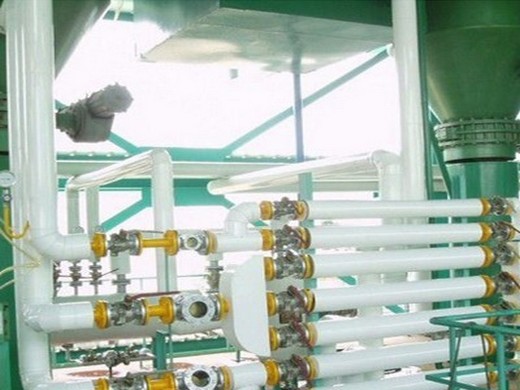
Green Vegetable Oil Processing | Walter E. Farr, Andrew
Green Vegetable Oil Processing Walter E. Farr , Andrew Proctor Alternative green food processing technologies have gained much technical and industrial attention in recent years as a potential means of reducing costs and promoting consumer awareness of corporate environmental responsibility.
GET PRICE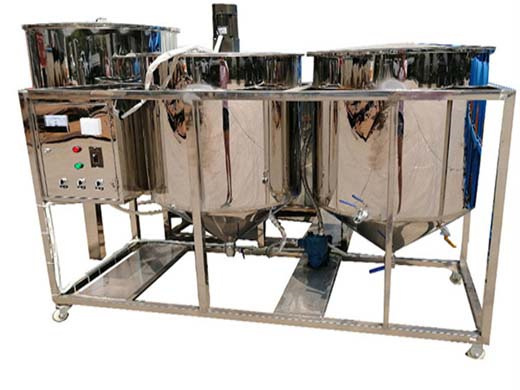
The examination of vegetable- and mineral oil-based inks
When buying food, end users of the product decide by looking at the taste, robustness for a long time, low cost, having no health risk, and being nature compatible. Vegetable oils are less scented than mineral oil-based inks. 3 Vegetable oil’s general use in food is another factor that gives users a sense of safety about the production of ink.
GET PRICE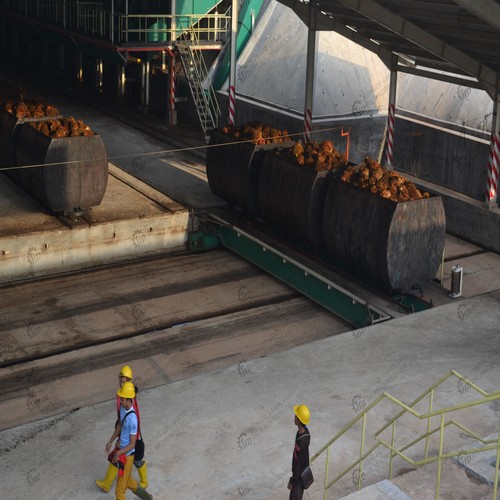
Green Vegetable Oil Processing eBook by - 9780983057208
Two years have passed since the first edition of Green Vegetable Oil Processing was published. The Revised First Edition includes much of the content of the first edition, but incorporates updated data, details, images, figures, and captions. This book addresses alternative green technologies at various stages of oilseed and vegetable oil
GET PRICE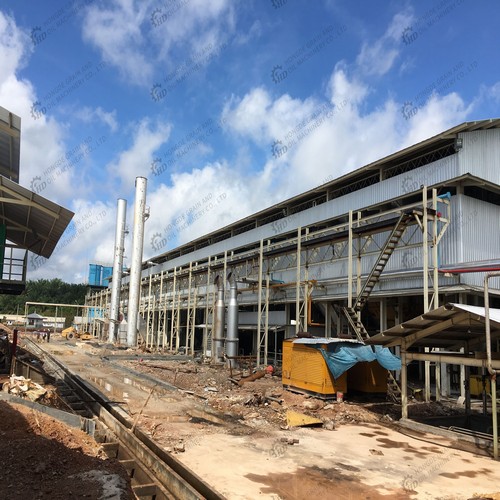
Green Diesel Production from Vegetable Oil
Figure 2: Vegetable Oil Processing Routes The chemistry in the biodiesel or FAME route is problematic from a processing viewpoint. The reaction Green Diesel Vegetable Oil
GET PRICE